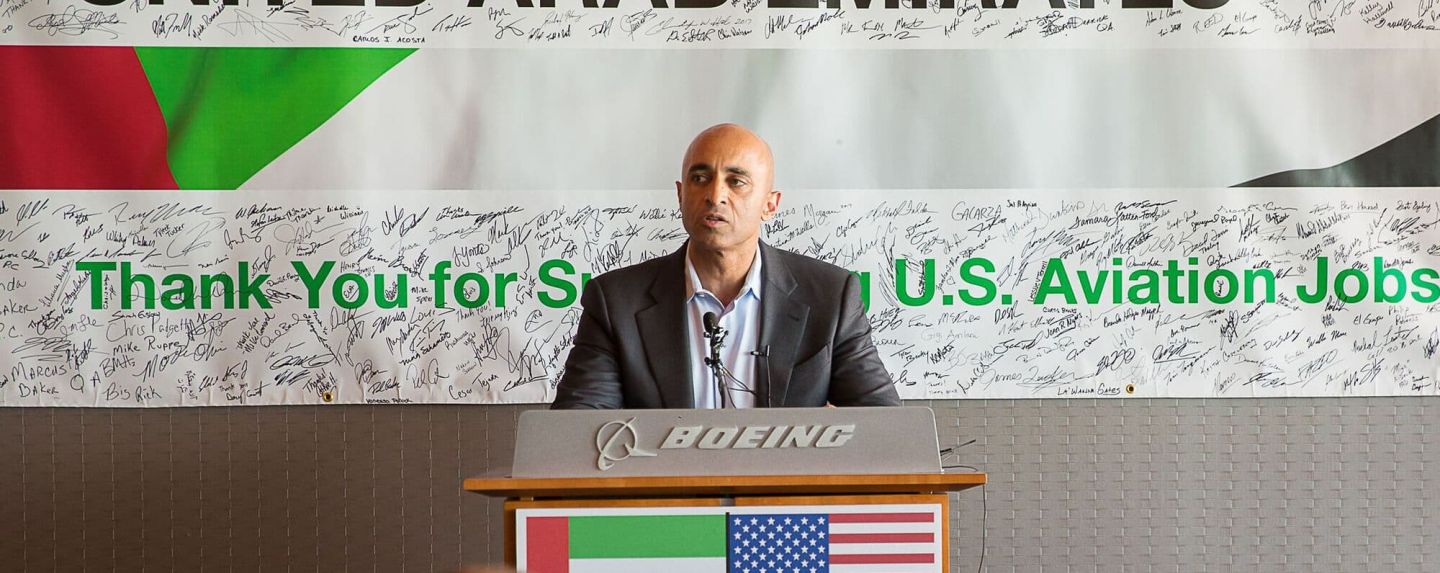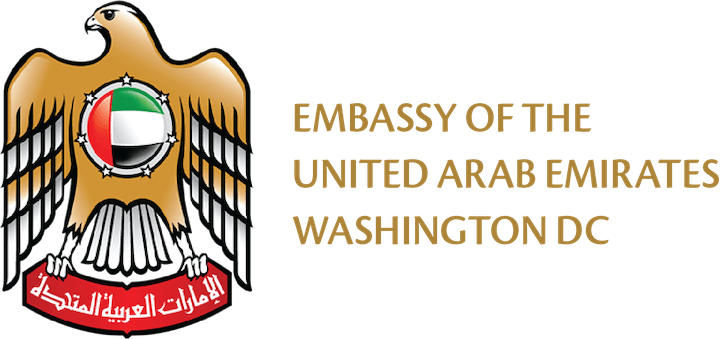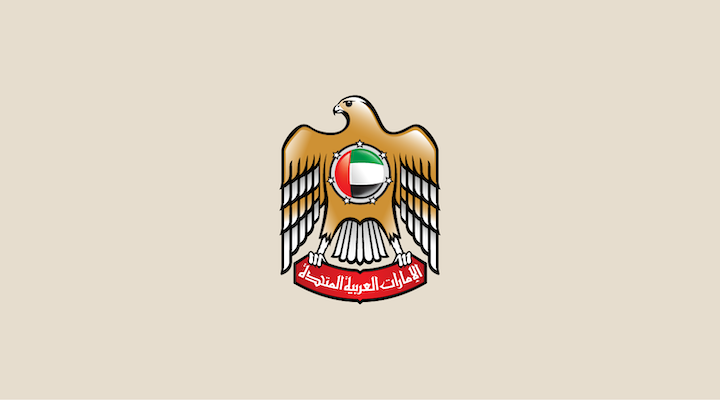
UAE Ambassador Highlights Benefits of “Open Skies” Policy in Visit to Boeing Facility
October 5, 2017
CHARLESTON, SC, October 5, 2017 – Visiting Charleston-area Boeing employees who will build some of the more than 500 US-made airplanes ordered by UAE airlines, UAE Ambassador to the United States Yousef Al Otaiba highlighted the immense mutual benefits of the commercial aviation sector and of the UAE-US “Open Skies” aviation agreement to both countries.
“With more than 500 aircraft purchased or on order, UAE airlines continue to inject tens of billions of dollars into the US economy, helping to support hundreds of thousands American jobs into the next decade,” Ambassador Al Otaiba noted. “These same UAE airlines have also carried tens of millions of visitors to the United States, injecting billions more dollars into local communities and supporting hundreds of thousands of more US jobs in hospitality, retail, and domestic airlines.”
During his remarks, the Ambassador emphasized the importance of the UAE-US “Open Skies” aviation agreement that has enabled both countries to benefit, creating and supporting jobs in both the UAE and US. Ambassador Al Otaiba also underscored that commercial aviation represents the biggest share of the US’ $19 billion trade surplus with the UAE, the US’ third largest trade surplus globally.
“Simply put, without Open Skies, the full scope of Boeing’s business with UAE airlines – and the economic benefits realized by communities all across the US – would not be possible,” Ambassador Al Otaiba said. “The agreement works for everyone, and the aviation trade relationship is an essential part of the broader economic exchanges that connect the UAE and the US and promote our shared prosperity.”
For eight years in a row, the UAE has remained the largest export market in the Middle East region for the US. Bilateral trade between the UAE and US exceeded $25 billion in 2016.
The UAE and US signed an Open Skies agreement nearly 20 years ago, giving UAE and US passenger and cargo airlines equal access to each other’s markets. Under the agreement, FedEx established its Mideast hub in Dubai. And UAE international airlines, Emirates and Etihad, now serve 11 US gateway cities from Dubai and Abu Dhabi respectively with more than 260 weekly flights.
Beginning next year, the Boeing South Carolina facility will assemble 787-10 aircraft slated for delivery to Etihad Airways. Etihad is responsible for nearly 20 percent of the total 149 Boeing 787-10s that are currently on order, helping to support 7,000 Boeing jobs in South Carolina. All of the 787-10 aircraft will be fitted with US-manufactured advanced GE engines. Etihad also flies 23 777’s and has many more on order.
Dubai-based Emirates Airline is the world’s largest operator of Boeing 777s and was the launch customer for the 777X model. According to Boeing data, Emirates’ current 777 fleet includes 123 aircraft and it has an additional 166 777 aircraft on order. All of Boeing’s 777 aircraft are manufactured in Everett, Washington. FlyDubai has announced its purchase of 76 Boeing 737-MAX aircraft, which are manufactured in Renton, Washington.
In total, according to Boeing, UAE airlines have ordered 545 Boeing aircraft, of which 321 are still to be delivered. Emirates and Etihad combined have the world’s largest fleet of wide-body Boeing aircraft. The majority of these orders were announced by UAE airlines in 2013, at the time the largest commercial aircraft order in history valued at $120 billion.
“Open Skies is a trade agreement that is working, delivering huge value and benefits to both countries – it benefits millions of flyers, it supports hundreds of thousands of jobs, it is critical to hundreds of cities and communities,” said Ambassador Al Otaiba. “Attempts to roll back Open Skies will only hurt communities like Charleston and employees like those at Boeing and its suppliers across the US and world. Flyers will also have fewer choices and less convenience.”
Multiple studies have shown that nonstop international flights into the US generate hundreds of millions of dollars in local economic activity each year. For example, the Los Angeles Economic Development Corporation found that a single long-haul wide-body flight to LAX such as Emirates generates $623.5 million in annual economic benefits. The Houston Airport System and the University of Houston found that the economic benefits generated from Emirates’ services would be $257 million a year, with 98,000 new passengers travelling each year to or via Houston. Emirates’ flights to Dallas/Fort Worth produce $300 million in economic impact annually for the region, according to DFW Airport estimates.
According to Ambassador Al Otaiba, UAE airlines fly to markets in Africa, Southeast Asia and the Indian subcontinent that are underserved by US airlines and their European alliance partners. Abu Dhabi and Dubai provide convenient connections from those points to the US, and the net result is an overall increase in passenger traffic.
The UAE Ambassador also highlighted that the US-UAE aviation relationship facilitates people-to-people exchanges and inbound Foreign Direct Investment in the US, while also opening up new markets to American businesses.
“Looking to the future, I see more opportunities for increased trade between the UAE and the US,” said the Ambassador.
###
See below for Ambassador Al Otaiba's remarks, as prepared for delivery.
Ambassador Yousef Al Otaiba
Remarks, As Prepared
Boeing Plant, Charleston, South Carolina
5 October 2017
Good afternoon, everyone. It is great to be with you here today.
I wanted to come to Charleston to say thank you. Thank you to all the people I met today building the world’s most remarkable aircraft. Thank you to Boeing and its leadership for its vision and innovation. But more importantly, thank you for the long-time partnership with the UAE. Thank you to Charleston officials and new friends for your hospitality and support. And finally, I’d like to thank Boeing and Charleston for hosting a fantastic group of Emirati interns.
As a diplomat whose home – and whose bosses – are a 14-hour flight away in Abu Dhabi, I spend a lot of time on airplanes. So I am in many ways one of Boeing’s best customers. I was a big admirer of the 777. Then I quickly became a devoted fan of the 787. And from what I saw today, I have a lot to look forward to with the 787-10.
I’ve already marked my calendar for one year from now to make a return trip when the first Etihad 787-10 comes off the line. That airplane will be the latest of the more than 500 Boeing airplanes purchased by UAE airlines. Emirates was the launch customer for the 777X. And they remain the largest global operator of 777s. FlyDubai has ordered more than 70 737 Max aircraft. Etihad’s order books include more than 70 787s, a big block of those to be made here in Charleston.
As you say in the airline business, that’s a lot of metal. Or more precisely, when it comes to the 787-10, that’s a lot of carbon fiber. And it’s also a lot of jobs here in South Carolina, in the Pacific Northwest and of course down the supply chain across the US and around the world. In fact, UAE-based manufacturer Strata supplies Boeing with the carbon fiber components for the 787s.
That’s the first part of the story of how the UAE-US economic partnership, and specifically the extensive bilateral aviation partnership, is delivering benefits to both countries. Jobs. Community investment. Innovation.
But the biggest part of the story actually happens once the airplanes leave Boeing factories. Our airlines need Boeing airplanes to meet the growing demand for air travel in our region. And between our region and Asia, Africa and Europe. And of course between all of these places and the United States.
Etihad and Emirates now fly non-stop from 11 US gateway cities to Abu Dhabi and Dubai, offering more than 260 flights a week, most on Boeing airplanes.
That’s a lot of international visitors, spending lots of money in US hotels, restaurants, shopping malls, attractions, universities and hospitals. It’s also lots of taxes for local communities, lots of business for local airports and lots of connecting passengers for US domestic airlines. Various studies have shown that a single wide-body international flight can generate $600 million in new local economic activity.
This is the ultimate win-win for both countries. And it is all made possible by an Open Skies aviation agreement we signed in 1999.
Open Skies allowed for equal access on passenger and cargo airlines to each other’s markets. Under the agreement, FedEx established its Mideast hub in Dubai. And UAE international airlines, Emirates and Etihad, could serve the US market and help create demand for the largest fleet of Boeing-made wide-body aircraft in the world.
The agreement promotes US jobs and US-made exports. It also has been a critical factor in the UAE’s development as a global hub, not just for airlines, but for media, finance, education and culture.
Simply put, without Open Skies, Boeing’s business with UAE airlines – and the economic impact that results – would not be possible. The UAE’s development also would be slower.
Open Skies is a trade agreement that is working, delivering huge value and benefits to both countries – it benefits millions of flyers, it supports hundreds of thousands of jobs. And it is critical to hundreds of cities and communities.
The agreement works for everyone, and the aviation trade relationship is an essential part of the broader economic exchanges that connect the UAE and the US and promote our shared prosperity.
Attempts to roll back Open Skies will only hurt communities like Charleston and employees like those at Boeing and its suppliers across the US and world. Flyers will also have fewer choices and less convenience.
Boeing technology and Open Skies together have accelerated the growth of air travel. And this quite literally has brought us all closer together. Air travel connects people. It sparks commerce and trade. It expands our imagination and opens our minds. And right now, that’s something the world certainly could use more of.
I look forward to seeing you in a year when that first Etihad 787-10 rolls out. Until then, I will think of you often. In 14 hour blocks, at 36,000 feet. Comfortable and safely. Flying Boeing. Thank you again for having me.




